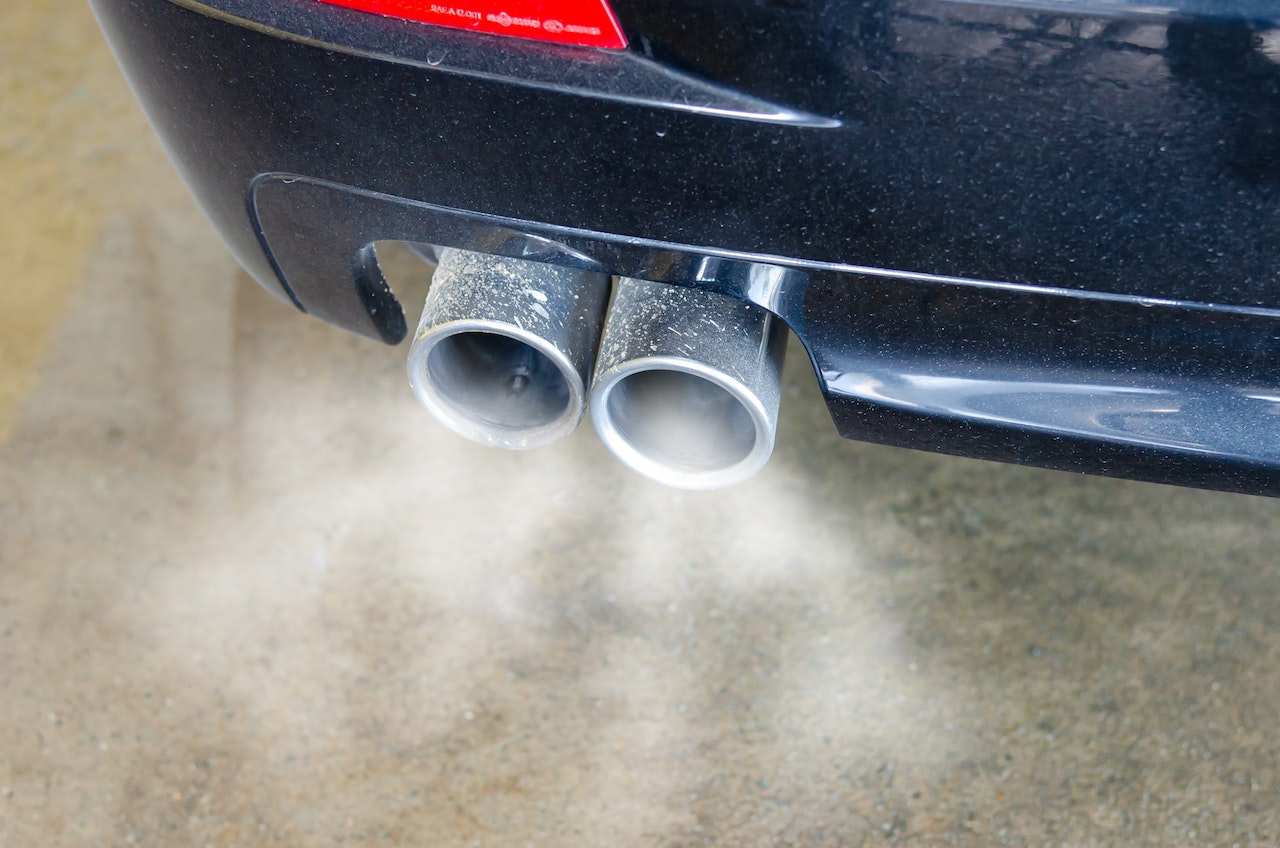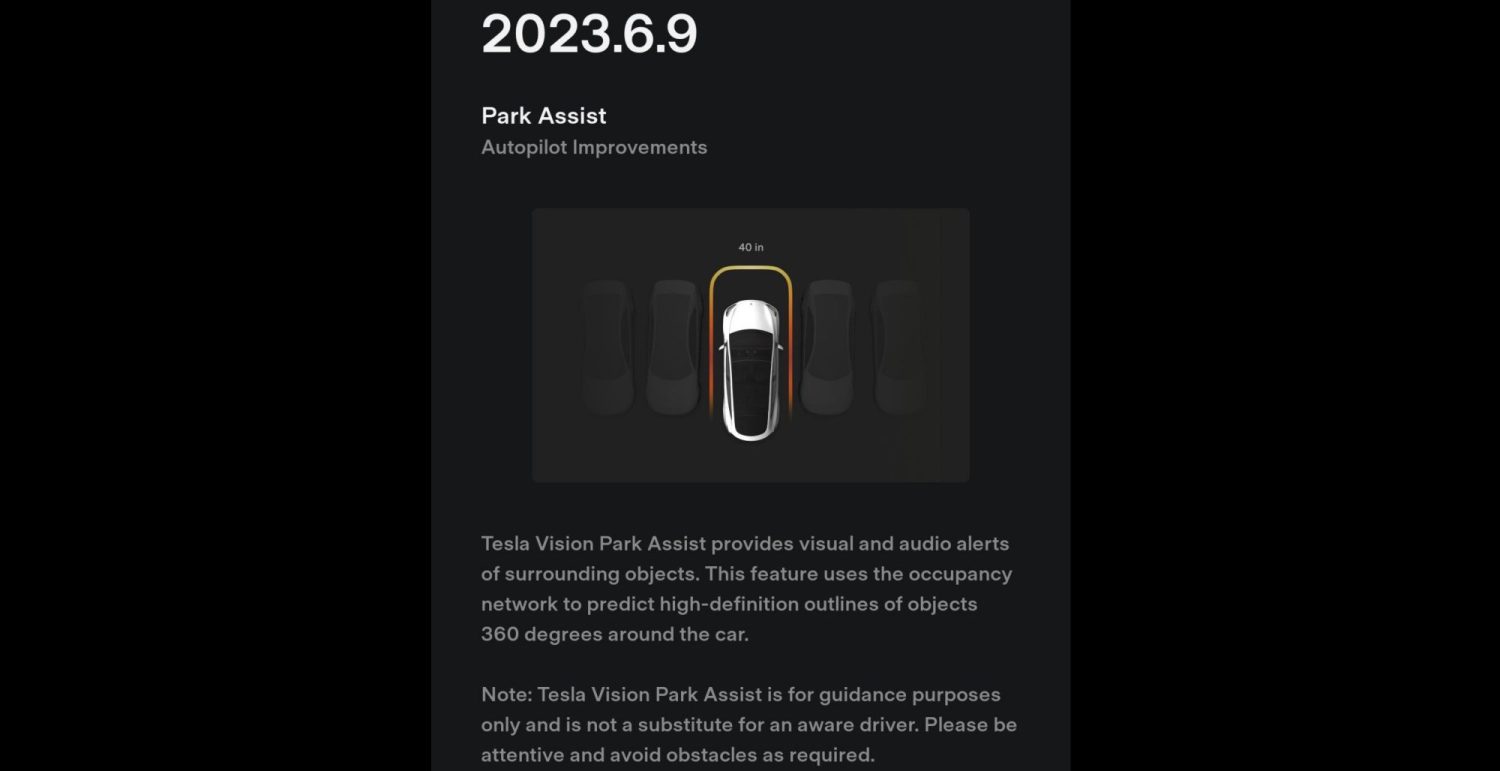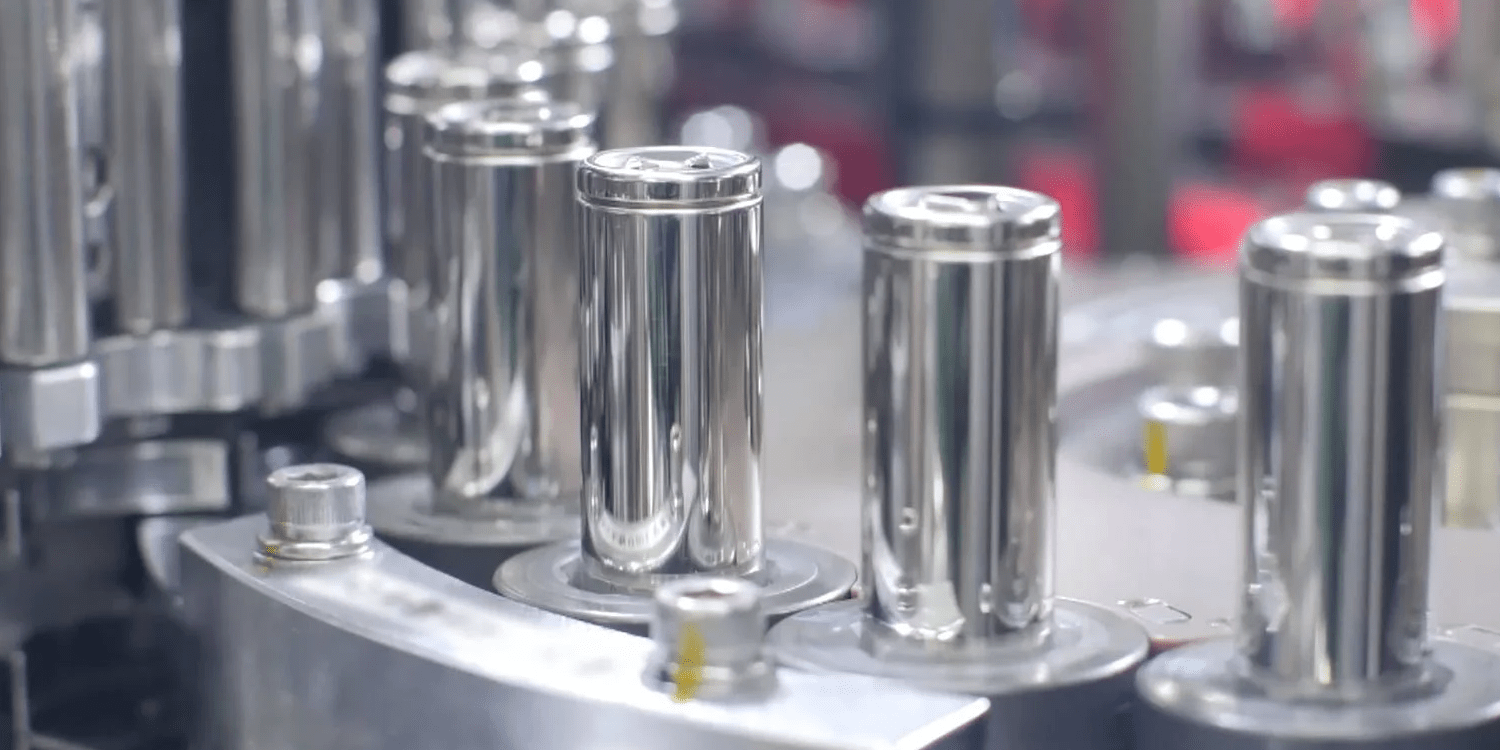California, known for its progressive environmental policies, is on track to have cleaner air than the rest of the United States. The US Environmental Protection Agency (EPA) is expected to approve plans that will allow the state to phase out diesel trucks earlier than the rest of the country and introduce stricter emission regulations.
According to sources cited by The Washington Post, state regulators have already approved the rules, despite industry protests. The new “waivers” will enable California to enforce environmental regulations that are significantly stricter than those required nationwide. These regulations will include tighter pollution limits on heavy-duty vehicles such as delivery trucks, rubbish trucks, and tractor-trailers. Manufacturers will have to reduce emissions of nitrogen oxides and particulate matter, in addition to transitioning to 100% electric vehicles by 2045. These regulations will apply to vehicles starting with the 2024 model year, three years ahead of the administration’s latest regulations, which begin with 2027.
The new rules will have significant implications for the reduction of air pollution in California, where about a third of smog-forming nitrogen oxides and more than a quarter of particulate matter pollution comes from diesel fuel. The state’s plan, unveiled in 2020, requires manufacturers to sell an increasingly higher percentage of electric trucks, vans, and pickup trucks from 2024 until 2035. By 2045, every new commercial vehicle in the state will have to be electric. Cars and pickup trucks will need to switch to zero-emission models by 2035 to accommodate the backlog created by the electric truck industry, as reported.
Californian transport companies will only be able to buy fully electric buses from 2029. However, since federal regulations allow for a slower transition, California needs an exemption, which it has been fighting for, against opposition from some in the industry. The Truck and Engine Manufacturers Association, which represents the largest truck manufacturers in the country, has warned that any exemption would have repercussions beyond the state’s borders. Six other states, which together with California account for about 20% of nationwide sales of heavy-duty vehicles, have already committed to following California’s stricter standards. However, they cannot implement their plans until the EPA grants California said exemption.
States that are waiting for the EPA’s ruling include New York, Oregon, Washington, Vermont, and Massachusetts, all of which have also committed to following California’s more stringent tailpipe pollution standards.
If and when the EPA approves California’s exemption, some manufacturers are expected to sue, possibly delaying the clarity of air and law even further. Nevertheless, California’s more stringent regulations on heavy-duty vehicles and the phase-out of diesel trucks will set an example for the rest of the country to follow, eventually leading to cleaner air for all Americans.







